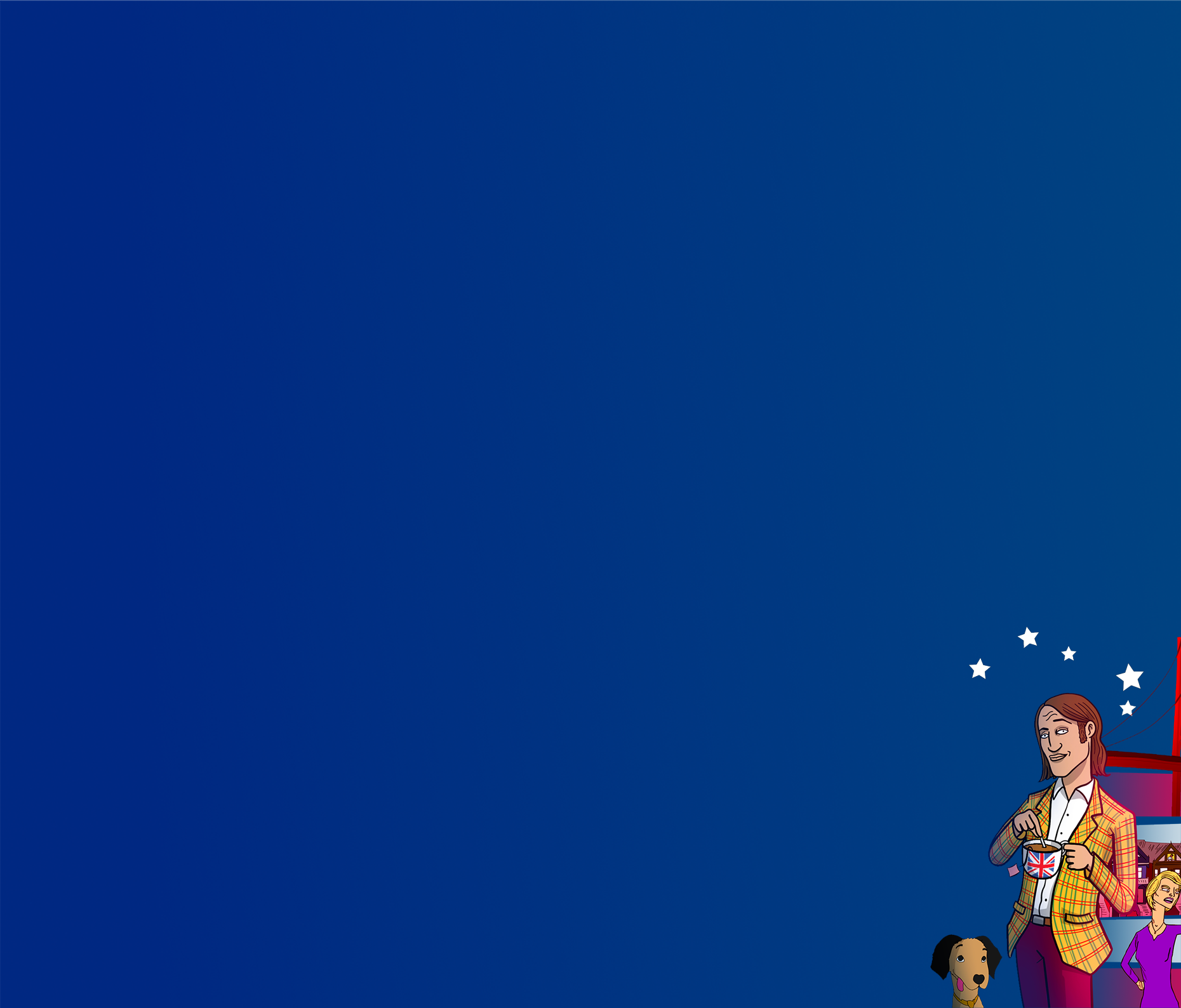Using auxiliaries to express surprise
To express amazement, surprise or simply interest in what we have just heard, the auxiliary verb is used in the following way:
- He ran out of money. - Did he? He ran out of money. - Really?!
- I am fond of classical music. - Are you? I am fond of classical music. - Is that true?!
Amazement can be expressed by means of the same construction by inverting the position of the auxiliary verb and the subject. This indicates even greater surprise:
- I'm going to Mexico tomorrow. - You are? I'm going to Mexico tomorrow. - Wow! Really?!
For most verbs, we use the auxiliary verb do in the response. However, for modal verbs (can, may, must, will, shall, should, would, could, might) and auxiliary verbs (have and be), we repeat the same verb.
- Horatio really likes my dog. - Does he?
- You should see a doctor about that. - Should I?
-Helena is a vampire. - She is?
- I can't ride a bike. - Can't you?
- They wouldn't be able to come. - They wouldn't?
Note: Be careful to distinguish between to have as a main verb and to have as an auxiliary verb:
- I have a great idea. - Do you?
- He has seen that movie five times. - Has he?
Still facing difficulties with 'Using auxiliaries to express surprise'? Improve your English with Gymglish's English lessons - try our online English course for free now and receive a free level assessment!
What our users say:
Find out about other grammar rules. Improve your English further and test Gymglish, online English lessons.
Tips for learning 'Using auxiliaries to express surprise'? Share them with us!

